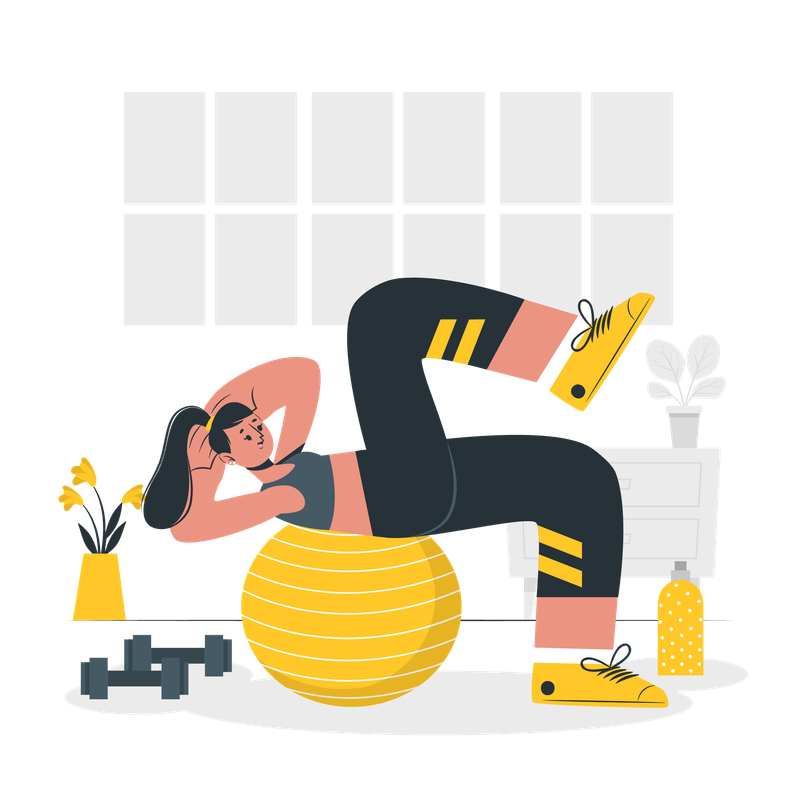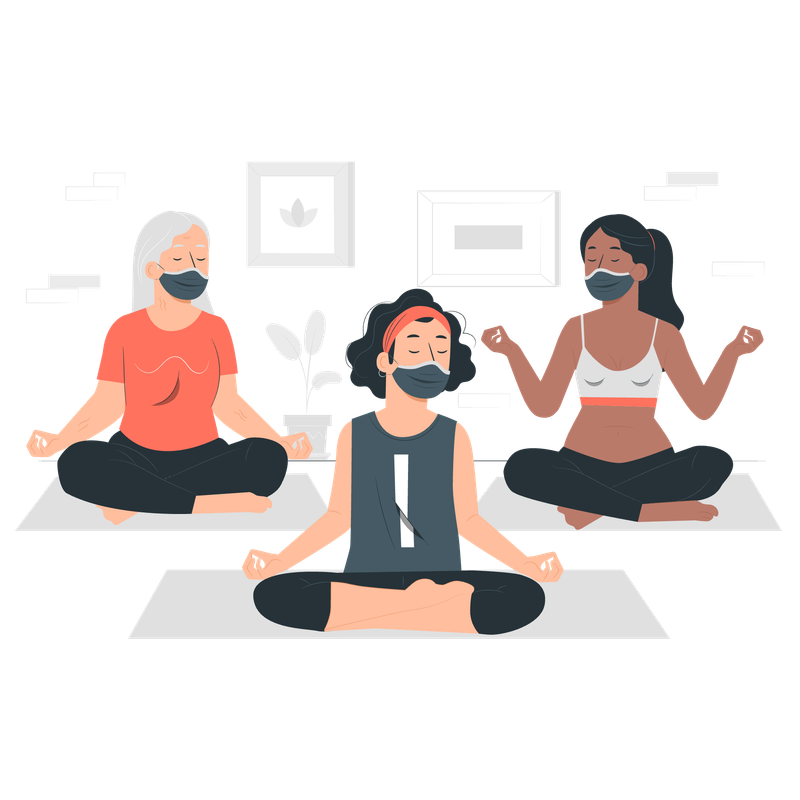Breathe In, Breathe Out: How Yoga Transformed My Mental Health (And How It Can Help You Too)
“I didn’t turn to yoga for flexibility. I turned to it because my mind was tired.”
I still remember sitting on my bedroom floor in the middle of a weekday afternoon, feeling completely drained. Not physically—but mentally. I wasn’t sleeping well. My thoughts were everywhere. And no amount of scrolling or binge-watching could quiet the noise inside.
One night, while aimlessly browsing YouTube, I stumbled on a 15-minute beginner yoga video with the title “Yoga for Anxiety.” Desperate for relief, I followed along.
It felt awkward at first. My back hurt, my breath was short, and I kept peeking at the screen to see if I was doing it “right.” But afterward, something subtle had shifted. For the first time in a while, I felt a little more grounded. That small change kept me coming back—and over time, yoga became one of the most powerful tools I had for managing my mental health.
If you’ve ever felt overwhelmed, anxious, or mentally scattered, I want to share how yoga can support your mind just as much as your body.
We often hear “fight or flight,” but don’t realize how often we live there. Our brains, especially under stress, activate the sympathetic nervous system. This keeps us in survival mode: rapid breathing, tense muscles, and racing thoughts.
Yoga flips that switch.
When we practice slow, intentional movement combined with deep breathing (known as pranayama), we activate the parasympathetic nervous system—our body’s “rest and digest” mode.
That’s why even a few minutes of gentle yoga in the morning or evening can help lower cortisol levels and bring a sense of calm.
Try this:
Next time you feel anxious, lie on your back, place one hand on your belly and one on your chest. Inhale deeply through your nose for 4 counts, hold for 4, exhale for 6. Repeat for 5 rounds. That’s yoga, too.
Yoga Builds Awareness (Without Judgment)
We often carry stress in our bodies without realizing it. Tight jaw. Stiff shoulders. Clenched fists.
Yoga is a gentle reminder to notice.
Each pose teaches you to listen—where you’re holding tension, where your mind drifts, what feels uncomfortable. And instead of pushing it away, yoga invites you to breathe through it.
This mindfulness doesn’t stay on the mat. It follows you. You start noticing your triggers, your reactions, your breath. That awareness is the first step to healing.
Real story:
A friend of mine started yoga after burnout from corporate life. She told me, “Yoga didn’t fix my problems, but it helped me pause long enough to see what was really bothering me.”
Yoga Offers a Sense of Control When Life Feels Chaotic
Life is unpredictable. We can’t always change what happens—but we can change how we respond. Yoga gives you a toolbox.
Some days, a strong vinyasa flow helps release pent-up frustration. Other days, child’s pose and stillness are enough.
That choice—of how you move, how you breathe, how you show up—is empowering.
You don’t need a studio, fancy leggings, or an hour-long routine. You just need space, a few minutes, and a willingness to try.
Helpful tip:
Start with short, consistent sessions. Even five minutes every morning can build a ritual that centers your mind.
Yoga Improves Sleep, Focus, and Mood
It’s all connected. When your mind relaxes, your body sleeps better. When your body feels rested, your focus improves. When you’re focused, your mood lifts.
Studies have shown that yoga can reduce symptoms of depression, anxiety, and even PTSD. The combination of movement, breathwork, and meditation can rebalance brain chemistry and boost feel-good hormones like serotonin and dopamine.
I personally found that doing a 10-minute yoga routine before bed helped me fall asleep faster—and wake up without that mental fog.
Yoga is not a performance. It’s a practice.
The mental health benefits don’t depend on how deep your backbend is. They come from showing up, tuning in, and giving yourself space to breathe.
I still fall out of poses. I still skip days. But every time I return to the mat, it meets me where I am—anxious, tired, or hopeful.
Yoga Is More Than a Workout. It’s a Reset Button.
In a world that moves fast, yoga invites us to slow down. In a time where our minds are overstimulated, yoga offers quiet.
If you’re struggling mentally, please know you’re not alone. And while yoga isn’t a magic cure, it is a powerful ally.
So unroll your Yoga mat. Or just sit on the floor. Close your eyes. Take a deep breath. That simple act might be your first step toward feeling a little better—inside and out.






